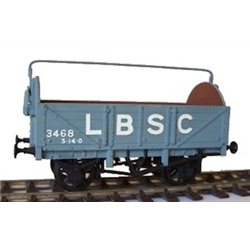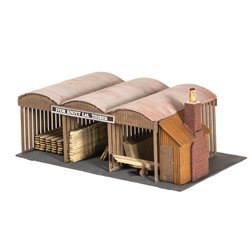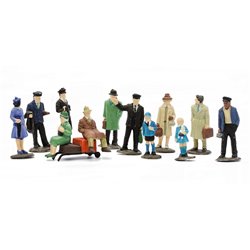To add smoke to a model building, you'll want to create a realistic effect that enhances the overall display. Here's...
No products
Product successfully added to your shopping cart
There are 0 items in your cart. There is 1 item in your cart.
Search Tips
Do I need to wash my plastic kit?
I personally wash all my plastic kits, I use warm soapy water (Washing up liquid) and a light rub over with a nail brush, while all kit components are still connected to the Sprue (The Sprue is the square Frame holding all the plastic kit parts)
Some people don’t worry about it, but I like to be sure that there is no residue left on the plastic from the manufacturing process.
Make sure the water is not too hot as this can distort the plastic and make fitting parts together awkward if not impossible.
I then dry the kit using a towel, dabbing it softly as not to damage or break off components from the sprue.
Make sure parts are completely dry before priming.
Click here to receive the tips weekly in your mailbox. You can unsubscribe at any time.










